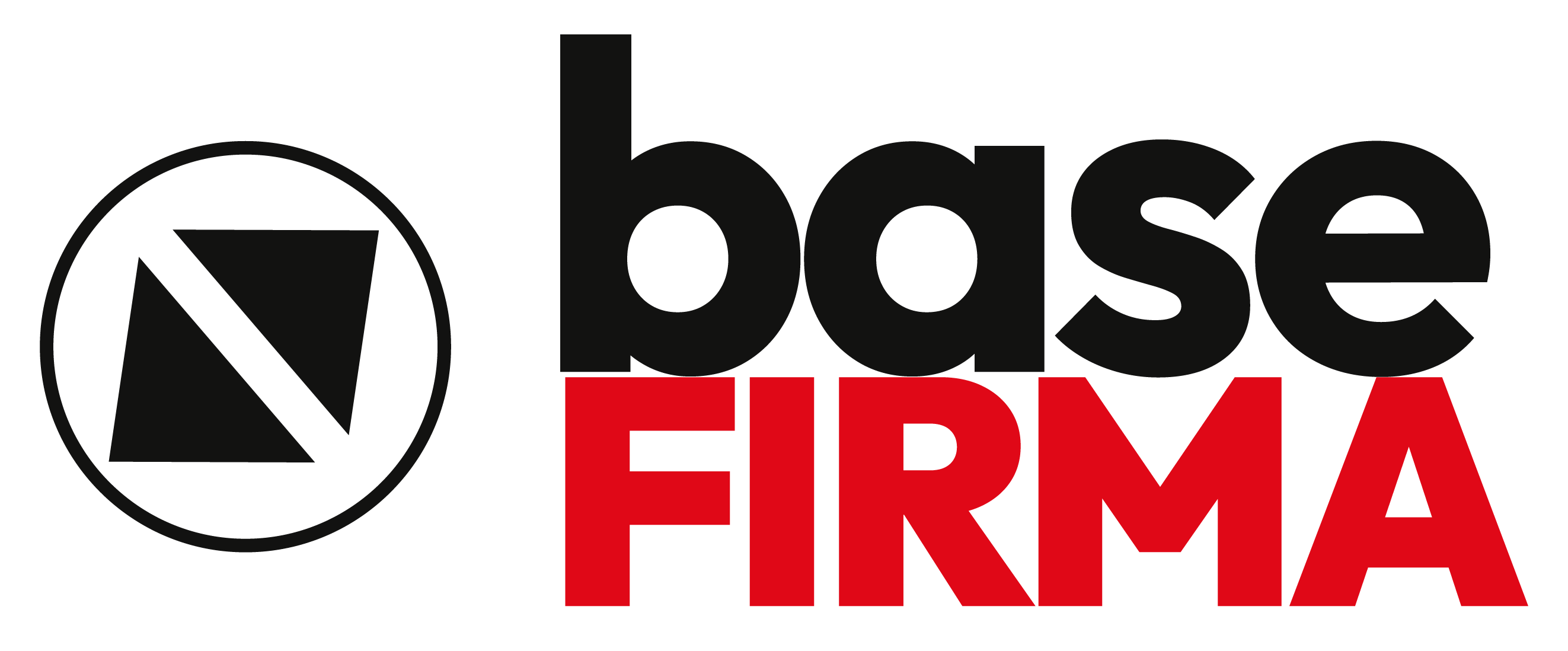Intercompany financial transactions are essential for multinational enterprises (MNEs) navigating the complexities of capital movement among subsidiaries. As interest rates fluctuate, MNEs should periodically evaluate their intercompany financing arrangements to ensure compliance with the arm’s length principle and optimize tax and cash positions.
Changing Interest Rate Environment
In recent months and years, the US has experienced a volatile interest rate environment, with the Fed expected to make two more cuts to the US short-term borrowing rate and uncertainty how 2025 may play out with the upcoming elections. This volatility in the cost of borrowing presents MNEs with potential opportunities to optimize arrangements, risks of non-compliance with the arm’s length principle, and plenty of administrative burdens. When MNEs enter into intercompany financing arrangements, it’s crucial to evaluate the terms and conditions of each contract annually, particularly for agreements that contain ‘on-demand’ or ‘prepayment loans’, as benchmarking needs to be refreshed each year. Regular assessments of these arrangements help mitigate tax risks, but may also enable MNEs to optimize their capital structure in light of market fluctuations.
US Safe Harbor – An Effective Option to Consider
The US Safe Harbor is a unique optional framework for MNEs with certain intercompany financing arrangements to set interest rates based on Applicable Federal Rates (AFR). While the US Safe Harbor has certain conditions for eligibility (e.g., must be USD denominated loan), for arrangements where the US entity is the lender the Safe Harbor typically lowers risk as the rates tend to be lower than market rates (i.e., borrowing entity would likely pay more to a third party lender) while decreasing the administrative and compliance complexity.
Documentation of Intercompany Financial Arrangements
Thorough documentation through Intercompany Loan (ICO) agreements is vital. Agreements should outline the loan terms, interest rate(s), currency, parties involved, capital amount, repayment schedules, and other terms and conditions that affect the ultimate arrangement between the parties. Proper documentation provides clarity and serves as a defense during audits, minimizing potential penalties. Additionally, well-drafted ICO agreements can help mitigate risks associated with audits by demonstrating that the terms are consistent with market practices. This is particularly important in light of increasing scrutiny from tax authorities on intercompany transactions. By maintaining robust documentation, MNEs can defend their financial practices and avoid potential penalties.
Conclusion
In conclusion, the evolving interest rate environment necessitates proactive management of intercompany financial transactions. By regularly reviewing ICO arrangements, leveraging the US Safe Harbor, and maintaining comprehensive documentation, MNEs can navigate these challenges effectively and ensure they manage cash flows and other tax considerations effectively.
